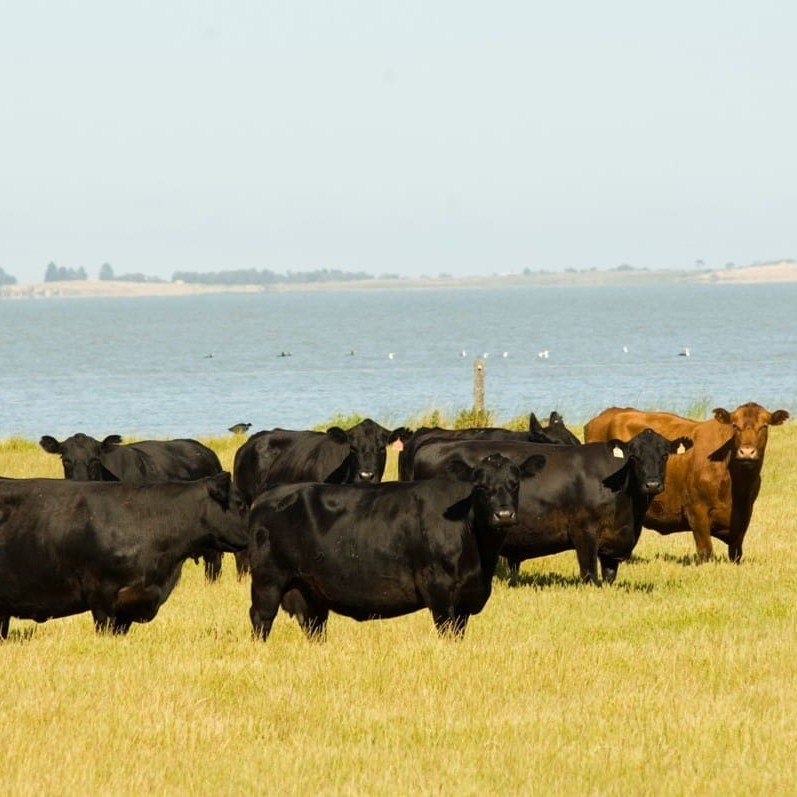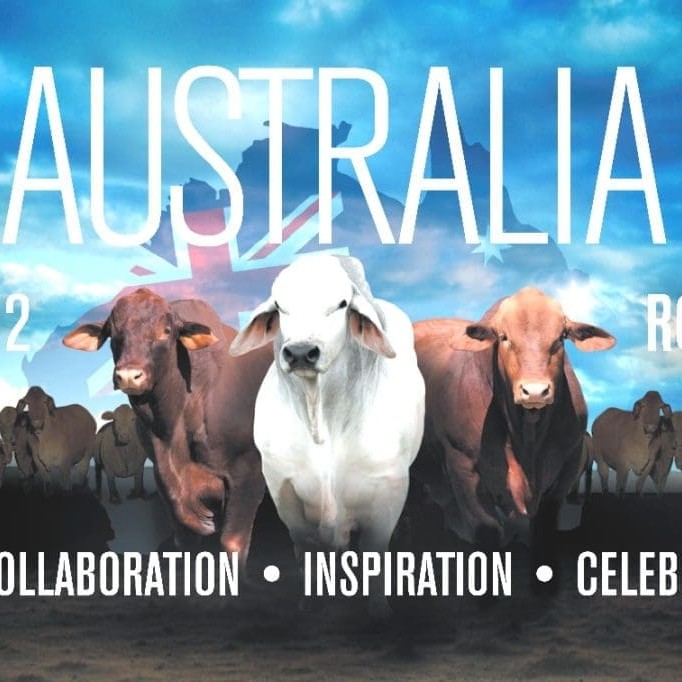 A new project launched by the Beef CRC and MLA to kick-start the commercial roll-out of the Beef CRC’s genomic predictions for Australian beef cattle has been oversubscribed by breeders seeking to participate.
A new project launched by the Beef CRC and MLA to kick-start the commercial roll-out of the Beef CRC’s genomic predictions for Australian beef cattle has been oversubscribed by breeders seeking to participate.
Beef CRC chief executive Dr Heather Burrow said the number of subscribers to the 3000-animal project reflected growing confidence in the industry in the value of genomics to predict commercially important traits.
Discussion about the new project will form one of the centrepieces during an important International Beef Genetics and Genomics conference which will act as the major precursor to the Beef 2012 event in Rockhampton in May.
“With the genomic prediction equations developed from the new 700K SNP chips, we will deliver a world-first product that will identify the genetic qualities for hard-to-measure production and reproduction traits across breeds,” Dr Heather Burrow said.
The owners of the 3000 animals will be the first in Australia to receive the new Australian blended genomic breeding values for their animals.
The project invited beef breed societies and breeders to participate in the genotyping of 3000 young animals to predict their breeding value using the new genomic prediction equations. More than 100 breeders representing 11 different breeds applied to be part of the project, which was over-subscribed.
The collection of samples for genotyping began in January.
Dr Hans Graser, Director of the Animal Genetics Breeding Unit, who is coordinating the project, said the 3000 animal project supported the cost of genotyping for breeders as part of the rollout of genomic predictions for Australian beef cattle.
“The accuracy of these genomic predictions will vary across breeds and across traits,” Dr Graser said. “We are still in the process of calibrating their accuracy for all BreedPlan traits. They will be tested using the industry sires which were genotyped in 2011.”
The owners of the 3000 animals will be the first in Australia to receive the new Australian blended genomic breeding values for their animals. If shown to be robust, the predictions will help commercial bull-buyers to identify which bulls are most suited for their production systems with greater confidence. They will also improve the accuracy of all Breedplan traits.
MLA’s manager of R&D strategy, Dr Rob Banks, said the key advantage for breeders was to gain a genetic insight into the qualities of young animals that do not have any performance data recorded.
“For example breeders presently can’t measure days-to-calving on a young bull but if they could use Breedplan genomic data to predict days to calving with improved accuracy, that would really help in the decision-making process for selecting the top animals,” Dr Banks said.
 The accuracy of the new blended genomic breeding values, which include hard-to-measure traits like carcase and meat quality, net feed intake and male and female reproductive performance in tropical cattle, will be announced by Beef CRC chief scientist Professor Mike Goddard at the Beef Australia 2012 International Beef Cattle Genetics Conference in Rockhampton on May 6.
The accuracy of the new blended genomic breeding values, which include hard-to-measure traits like carcase and meat quality, net feed intake and male and female reproductive performance in tropical cattle, will be announced by Beef CRC chief scientist Professor Mike Goddard at the Beef Australia 2012 International Beef Cattle Genetics Conference in Rockhampton on May 6.
Dr Burrow said the value overall to the industry was to improve the accuracy of selecting the next generation of young sires.
“Once the genomic predictions have been calibrated in Breedplan, the technology will help Australian producers increase their rates with genetic gain,” she said.
“The critical thing is that this product has been developed and tested on Australian animals in Australian production systems.”
The inclusion of genomic information would continue to improve breeding accuracies with increased levels of performance recording in industry herds.
“This is the path the Americans are taking and Australia has to do the same to keep the momentum going.”
Dr Burrow said delivering the genomic prediction equations was a key milestone of the third round of Commonwealth funding for Beef CRC.
“By the time the CRC closes in June, we will have met, and in some cases exceeded, all our funding milestones,” she said.
Industry view:
 Angus Australia chief executive, Dr Peter Parnell said many of his members saw the project as an excellent opportunity to get genomic data on their key animals, at an affordable price.
Angus Australia chief executive, Dr Peter Parnell said many of his members saw the project as an excellent opportunity to get genomic data on their key animals, at an affordable price.
“Angus breeders are accustomed to the concept of ‘genomically-enhanced’ EBVs through the use of existing commercially available tests for the breed, which provide genomic breeding values both here and overseas,” he said.
“However, currently in Australia these tests are relatively expensive and generally only have a modest impact on the accuracy of EBVs for a limited range of traits. Consequently, the uptake of the genomic technology in the Angus breed in Australia has been somewhat limited.”
“We are hopeful that the Beef CRC’s technology will assist in the development of an alternative and more affordable platform for more extensive use of genomic data on a wider range of traits, having a more significant impact on the accuracy of EBVs and hence providing potential for greater rates of genetic improvement,” Dr Parnell said.
Based on information provided by the Beef CRC and others, many Angus breeders were extremely optimistic about the impact of genomic technology and hence their interest in becoming involved in the project.
“Genomics will play a significant role for breed improvement. However, in the short term, it will simply be complementary to performance recording and pedigree based selection,” Dr Parnell said.
In the short to medium-term, genomics will have its biggest impact for Angus through cheaper parentage determination and screening for recessive genes – that is, identifying both desirable and undesirable genes. Then, as we obtain more good quality phenotypic and genomic data on animals recorded for ‘difficult to measure traits’, such as feed intake, carcase merit, meat quality and fertility, genomics will start to have an impact on improvement of economically important quantitative traits.”
“At this point we have a large gap in the available phenotypic data for these difficult to measure traits and this will be a major limitation to the effective use of genomics into the future.”
In an attempt to address this situation Angus Australia is investing considerable resources in a large project to obtain the necessary phenotypic and genomic data as rapidly as possible. The Angus Sire Benchmarking Project is co-funded through the MLA Donor Company program and forms part of the MLA Beef Information Nucleus portfolio of projects.
“We’re on track to obtain comprehensive data on 1500 steers and 1500 heifers from over 120 sires over the next five years, and we hope that the project will be ongoing into the future,” Dr Parnell said.
“Angus is building a platform for breeders to make good use of genomic data in the future to complement their existing performance based breeding programs.”
- For more information on the Beef Australia 2012 International Beef Cattle Genetics Conference click here.



HAVE YOUR SAY